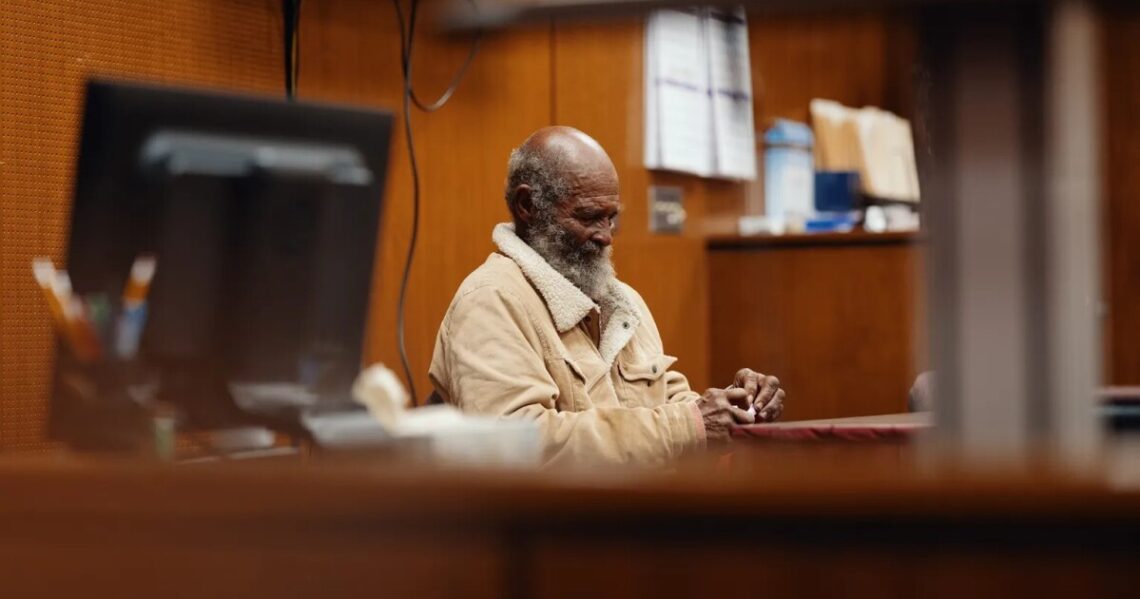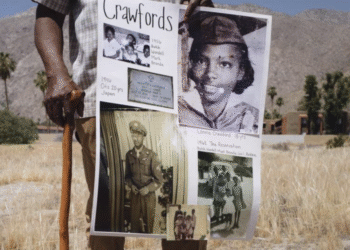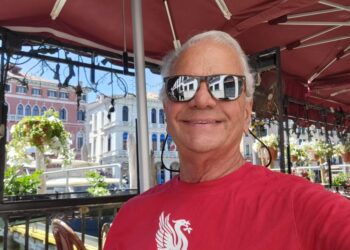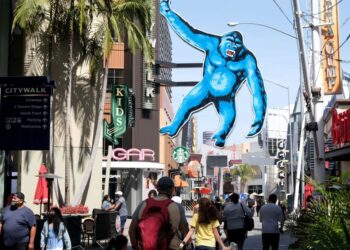Wickey Two Hands sat at the defense table on a recent Thursday morning, holding in his lap the red baseball cap he’d doffed out of respect for the judge.
The 77-year-old homeless man was supposed to be the first person tried in court under an ordinance Fresno passed last year making it a crime to camp in all public places. Over the past six months, he’d spent hours in a courtroom, arriving early for each hearing. He’d packed up and moved his campsite multiple times, trying to find out-of-the-way spots where he could avoid getting arrested again.
But instead of sending Two Hands’ case before a jury, the judge — on the day trial was supposed to begin — dismissed all charges. The reason? The city waited too long to prosecute.
Two Hands’ case shines a spotlight on a contradiction seen around the state in recent months. California cities are passing ordinances left and right that allow police to arrest or cite unhoused people for camping on their streets and sidewalks, or in their parks. Police are making arrests. But when it comes to prosecuting, trying or sentencing people for violating these ordinances, some cities haven’t been able to follow through. In many cases, prosecutors aren’t filing charges. If people are charged, their cases often are dismissed quickly. Two Hands’ case was a rarity for how close it came to trial. But in the end, it too was thrown out.
That has some wondering: what’s the point of arresting people at all?
Two Hands’ case was set to be a bellwether to see if Fresno’s camping ban — under which police have made several hundred arrests already — would hold up before a jury. The city and county — as well as Two Hands’ lawyer, activists and even local journalists — invested a considerable amount of…
Read the full article here







